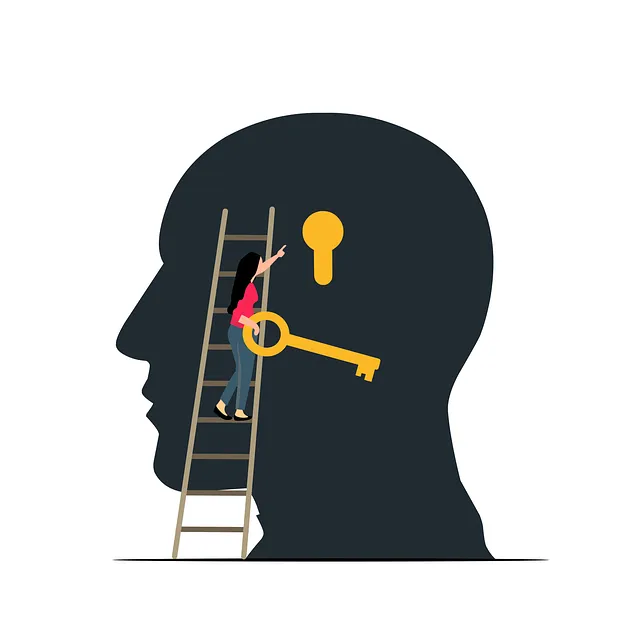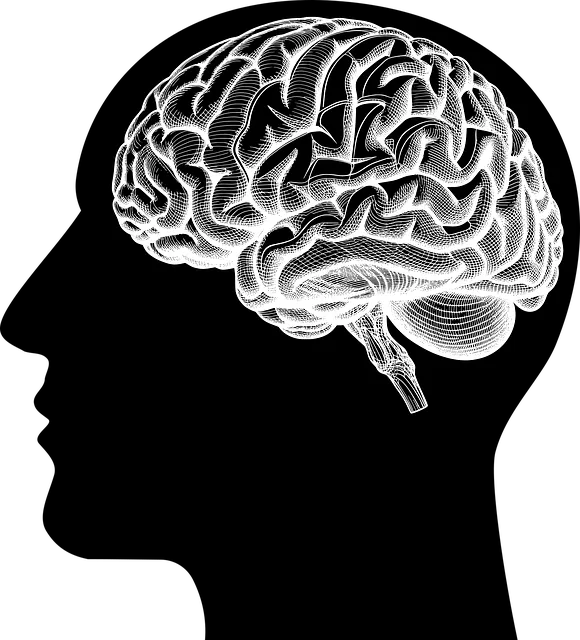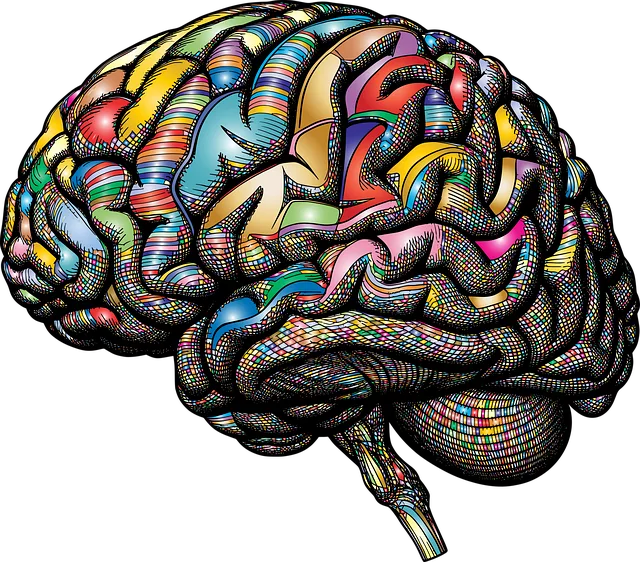Mental wellness apps are gaining popularity as individuals seek accessible and personalized solutions for their mental health, with Kaiser Permanente's locations in Westminster at the forefront of this trend. These apps offer features like mood tracking, journaling, and culturally sensitive practices to help users manage their well-being. The development process involves defining goals, designing user-friendly interfaces, integrating components like meditation guides, and rigorous testing. Success is measured through user feedback and data impact assessments, with future trends focusing on AI personalization, community outreach, burnout prevention design, and robust risk management for professionals.
Mental wellness apps are transforming access to support, as demonstrated by initiatives like Kaiser Permanente’s efforts in Westminster. This article explores the growing demand for these applications, highlighting market trends and the crucial role of healthcare giants like Kaiser Permanente. We delve into key features, development processes, and impact assessment, offering insights into how apps enhance mental health services. Discover future trends shaping the landscape, including user feedback and innovative designs, all while considering Kaiser Permanente’s presence in Westminster as a model for effective implementation.
- Understanding the Need for Mental Wellness Apps: A Overview of Market Demand and Kaiser Permanente's Role in Westminster
- Key Features and Functionality: Essential Components of Effective Mental Health Support Applications
- Development Process: From Concept to Launch, Including Design, Programming, and Quality Assurance Considerations
- Impact Assessment and Future Trends: Measuring Success, User Feedback, and Innovations Shaping the App Development Landscape for Mental Wellness
Understanding the Need for Mental Wellness Apps: A Overview of Market Demand and Kaiser Permanente's Role in Westminster

The demand for mental wellness apps has been steadily rising, reflecting a broader societal shift towards prioritizing mental health and well-being. This trend is evident in the growing number of individuals seeking accessible, convenient, and personalized mental healthcare solutions. Kaiser Permanente, a leading healthcare provider, has recognized this need and played a significant role in promoting mental wellness in Westminster through innovative initiatives.
By leveraging technology, Kaiser Permanente mental health locations in Westminster offer apps that cater to various needs, such as providing Empathy Building Strategies for better communication and understanding, guiding users through Mental Wellness Journaling Exercises to track progress, and integrating Cultural Sensitivity into mental healthcare practices. These digital tools empower individuals to take control of their mental well-being, complementing traditional therapy and medical care.
Key Features and Functionality: Essential Components of Effective Mental Health Support Applications

Mental wellness apps have emerged as powerful tools for providing accessible and personalized support to individuals seeking mental health guidance. When developing such applications, incorporating essential features is crucial to ensure they offer effective care. Key components include a user-friendly interface, allowing easy access to resources and tools tailored to individual needs. Users should be able to track their mood, set goals, and receive personalized recommendations for self-care practices.
Crisis intervention guidance, a vital feature, can equip users with coping strategies during intense moments. Additionally, integrating features focused on confidence boosting and self-esteem improvement can help users cultivate resilience and a positive mindset. The app should also facilitate connections to mental health professionals within Kaiser Permanente mental health locations Westminster, ensuring individuals have access to expert support when needed.
Development Process: From Concept to Launch, Including Design, Programming, and Quality Assurance Considerations

The development process of a mental wellness app is an intricate journey involving multiple stages and considerations. It begins with a clear concept and goal, aligning with organizations like Kaiser Permanente’s mental health locations in Westminster, dedicated to improving access to care. The design phase is crucial, focusing on user experience (UX) and interface (UI) elements that foster engagement and accessibility. Here, the app’s aesthetics and functionality are crafted to support users’ mental well-being, potentially incorporating features for Burnout Prevention and Emotional Intelligence development.
Once the design is finalized, programming comes into play. Developers transform the concept into a functional digital tool using suitable programming languages and frameworks. This stage involves integrating various components, such as mood tracking, meditation guides, or personalized recommendations, based on user input and preferences. Quality Assurance (QA) testing is an essential step to ensure the app’s stability and performance. Rigorous testing identifies and rectifies bugs, ensuring a seamless experience for users seeking Burnout Prevention Strategies for Healthcare Providers, who often face demanding schedules and emotional challenges in their roles.
Impact Assessment and Future Trends: Measuring Success, User Feedback, and Innovations Shaping the App Development Landscape for Mental Wellness

Measuring success in mental wellness app development is a multifaceted process, with user feedback playing a pivotal role. Apps like those offered by Kaiser Permanente mental health locations in Westminster are constantly evolving based on user input and emerging trends. Regular impact assessments help gauge improvements in user mental health indicators, satisfaction levels, and engagement with the app. This data-driven approach ensures that features and functionalities align with users’ needs, fostering a sense of well-being and empowerment.
Looking ahead, innovations such as integrating artificial intelligence for personalized recommendations, implementing community outreach program implementations, and prioritizing burnout prevention through mindful design are shaping the future of mental wellness apps. Additionally, risk management planning for mental health professionals becomes increasingly vital as these apps gain traction. By combining user feedback with cutting-edge technology and robust risk mitigation strategies, developers can create a dynamic landscape that supports holistic mental health care.
Mental wellness apps are becoming indispensable tools in addressing the growing demand for accessible mental health support. As evidenced by Kaiser Permanente’s initiatives in Westminster, these applications offer a convenient and discrete way to reach individuals seeking assistance. By incorporating key features such as mood tracking, mindfulness exercises, and connected communities, developers can create impactful solutions. The development process requires careful consideration from concept design to quality assurance testing. Future trends in mental wellness app development will continue to be shaped by impact assessments, user feedback, and innovations that cater to diverse user needs, ensuring better mental health outcomes for all. Integrating these apps with established mental health locations like Kaiser Permanente’s Westminster facilities can further enhance accessibility and care coordination.






